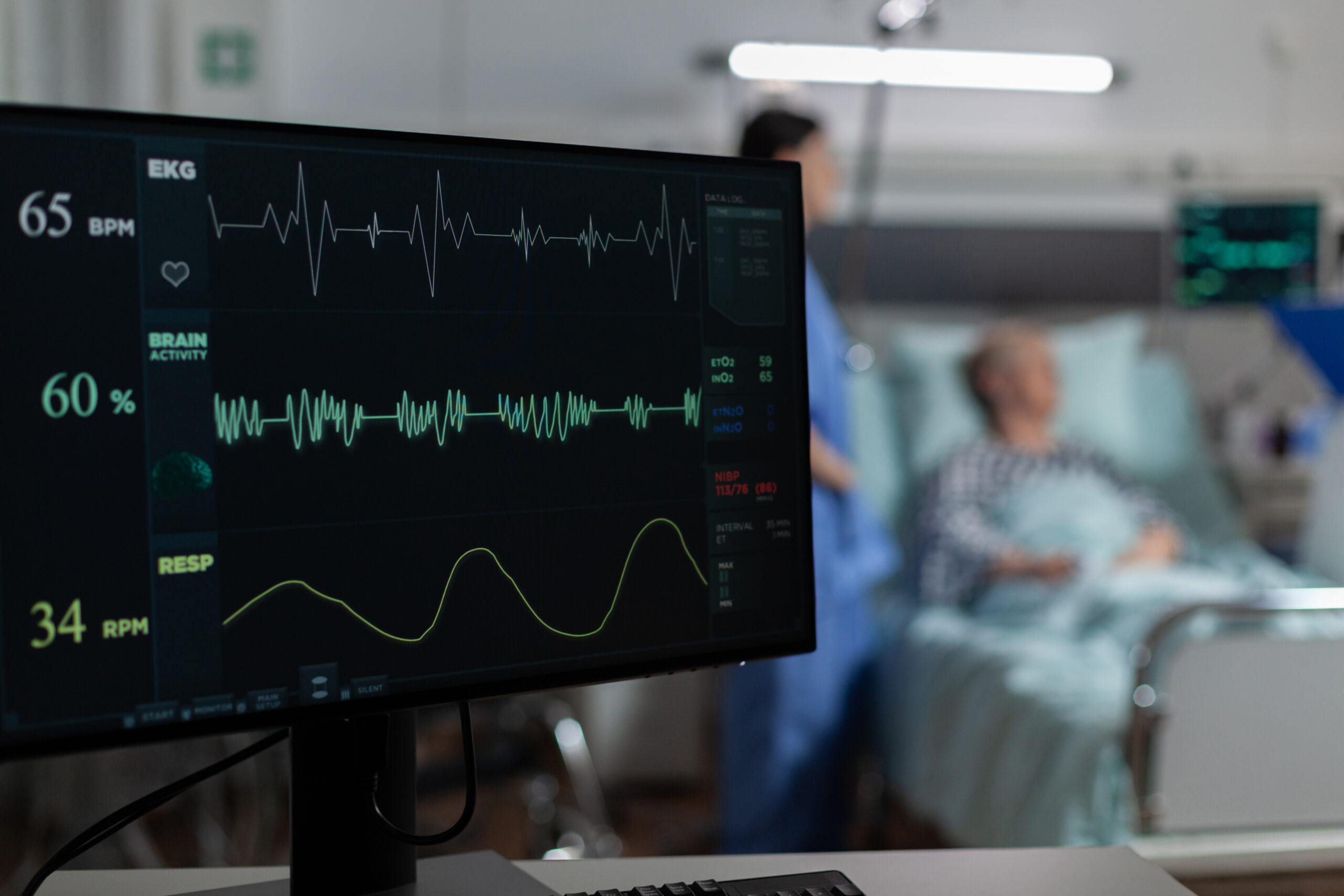Five Essential Tips to Keep the Food Coma Away
Five Essential Tips to Keep the Food Coma Away

Don’t we all have the moment when after a great and sumptuous lunch break, drowsiness starts to sink in? The struggle to stay awake at the meeting scheduled at the untimely 2pm and before you know it, you are on your third cup of joe of the day. Food coma or postprandial somnolence is a real condition and it can happen to anyone of us. Generally, food coma occurs after you have a heavy meal that is high in calories follows by a sedentary lifestyle in the office.
Here are five essential tips to help curb that food coma, so you would not be nodding your head off the next meeting.

Taking smaller meals
Having a large meal packed with high fat and calories during your lunch break leaves you feeling like a slump and studies have shown that some food may cause further drowsiness much more than others. Dairy, oatmeal and your choice of tea are some of the culprits. Replacing them with a well-balanced diet such as grains, unsaturated fats and proteins are essential in your overall health as it helps you to preserve more energy throughout the day.
Drink a non-sweetened beverage after lunch
Ditch your cuppa of milo, 100% sugar bubble teas, and opt for water or tea at the pantry. While the sugar from the beverages will cause an initial surge to your glucose, the feeling of sluggishness will sure kick in after it wears off. Additionally, sugared beverages will lead to dehydration which causes fatigue.
Drinking plenty of fluids such as water throughout the day will fare much better for your system and your energy will not deplete as quickly.
Allowing sufficient rest the day before
Having sufficient rest is always vital for your health and despite your busy schedule, try to kick in 8-9 hours of sleep. Your food coma is also due to sleep debt and poor food choices such as having fast food regularly and meals with high unsaturated fat content. We usually set an alarm for work but another tip that you should adopt is to set an alarm for bedtime and switch your mobile device into silent/do not disturb mode to prevent interrupted sleep. With sufficient rest, you will feel more energised for work and it will boost your overall mood.

Engaging in light physical activity
No, you don’t have to sweat it out by joining a yoga class nor go for a run during your lunch break but a short 10 minutes stroll and stairs climbing will definitely help. Carrying out light stretches and short meditation can also be helpful as these activities keep you awake and enhance your muscular relaxation. Being mindful heightens your awareness and provides a better focus on your work.
Opt for complex carbohydrates
Complex carbohydrates constitute of fibre and starch which takes a longer time to be digested hence making you feel fuller compared to your simple carbohydrates. Examples of complex carbohydrates are whole grains, oats, legumes, nuts, fruits and vegetables. Foods such as pasta, pizzas, packaged snacks and mainly white carbohydrates make up your simple carbohydrates and high intake of them will exacerbate sleepiness. Despite the popular diet trends such as ketogenic diet and intermittent fasting, carbohydrates should not be neglected and avoided completely. Carbohydrates, when broken down, give our body supplies of energy and the right carbohydrates aid in weight control and guard against chronic condition such as diabetes and cardiovascular diseases.
More Blogs
Why Real-Time Monitoring is Essential for Modern Nursing Home Management
In the dynamic world of healthcare, nursing homes play a crucial role in providing care for the elderly and those with chronic conditions. As the demand for nursing home services continues to grow, so does the need for efficient management and high-quality care. One of the most transformative advancements in this space is the integration … Continue reading “Why Real-Time Monitoring is Essential for Modern Nursing Home Management”
Read MoreHow Hospital at Home is Revolutionizing Patient Care
In the ever-evolving landscape of healthcare, the concept of “Hospital at Home” is emerging as a transformative model of patient care. This innovative approach is reshaping how patients receive treatment, offering them the comfort and convenience of being treated in their own homes without compromising the quality of care. At Smartfuture, we understand the power … Continue reading “How Hospital at Home is Revolutionizing Patient Care”
Read MoreHow Remote Patient Monitoring is Improving Substance Abuse Care?
Remote Patient Monitoring (RPM) plays a critical role in substance abuse care by providing continuous health data monitoring and immediate response capability. Key components of an effective RPM system include real-time monitoring of vital signs, medication adherence tracking, and the ability to communicate and engage with patients in their recovery journey seamlessly. This technology has proven … Continue reading “How Remote Patient Monitoring is Improving Substance Abuse Care?”
Read MoreCopyright 2023 Smartfuture Pte Ltd All Rights Reserved.



